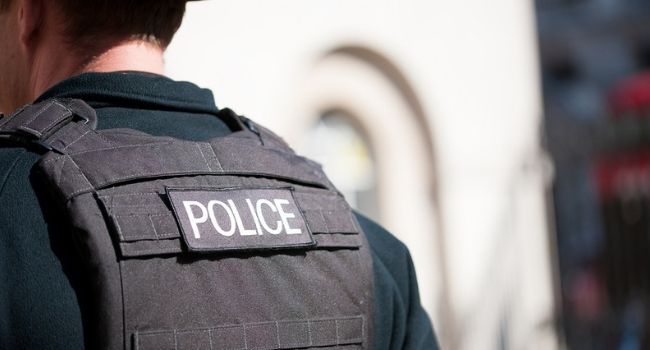
Massachusetts Lawmakers Debate Proposal to Create Statewide Rules for Police Body Cameras
The proposal includes a controversial measure that would exempt police footage from being accessed and released through public records laws.
- By Haley Samsel
- Jul 19, 2019
A new bill proposing the creation of a task force to develop statewide standards for the use of police body cameras in Massachusetts is earning mixed reviews from law enforcement groups and organizations concerned with public transparency.
The measure, introduced by Democratic Rep. Denise Provost, would establish a task force made up of law enforcement officials, state lawmakers, lawyers and representatives of the ACLU and NAACP.
The group would develop “minimum requirements” for the procurement and use of body-worn cameras by officers as well as standards for the storage and transfer of audio and video recordings made by the cameras, according to the bill.
Provost’s proposal would not make it mandatory for all local police departments to use body cameras. The bill would also exempt “any recordings made by a body camera, dashboard camera or any similar device by a law enforcement officer” from public records laws that allow citizens to request information from the government.
In a joint committee hearing about the bill on July 12, leaders of law enforcement groups said they did not support the creation of a uniform code because of the differences between urban and rural police departments, the Statehouse News Service reported.
"Areas such as Boston, Brockton, Chelsea, Worcester and Springfield have different issues and needs with respect to their citizenry, than communities such as Barre, Hadley, or Stockbridge,” Larry Calderone, vice president of the Boston Police Patrolmen's Association, said. “While all communities strive to protect their citizens and their rights, a one-size-fits all approach to body cameras is not the best answer."
The Massachusetts Coalition of Police also requested that the committee give the bill an unfavorable report, according to Statehouse News Service. The Massachusetts Bar Association, however, said they supported Provost’s proposal, citing the nine police departments who use body cameras in some form.
The bill also faced opposition from Secretary of State William Galvin, who is Massachusetts’ top record-keeper as secretary of state. He asked in a written statement that the bill remove the exemption language because it defeats the purpose of body cameras: to improve public transparency.
“Allowing police departments to withhold any footage captured on these cameras would interfere with the public’s ability to oversee their own government,” Galvin wrote, according to Statehouse News Service. “This is an issue of particular importance to minority communities, and withholding videos of police interactions would only breed mistrust.”
The Reporters Committee for Freedom of the Press and ACLU of Massachusetts also voiced their opposition to the exemption.
“The public has a right to see these videos, with redactions if necessary to protect personal privacy,” Kade Crockford, the director of the technology for liberty program at the ACLU of Massachusetts, told The Boston Globe.
Provost said the clause was created out of a desire to protect crime victims, bystanders and people who were mistaken for suspects. Body camera footage is “really meant to be evidence, not public entertainment," which can happen when videos are released, Provost told the committee.
No decision has been made on the bill’s future yet, but the number of police departments in the state that are considering mandatory body cameras continues to grow. The latest is Springfield, which hopes to have a supplier by the fall.
About the Author
Haley Samsel is an Associate Content Editor for the Infrastructure Solutions Group at 1105 Media.